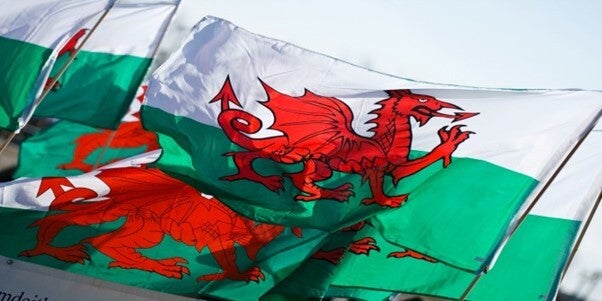

BRINGING YOU THE LATEST POLTICAL NEWS
REFORM UK (WALES) NAME THEIR LEADER IN WALES


Blackwood High Street
Introducing Dan Thomas - Reform Leader in Wales.
Dan Thomas hails from the proud town of Blackwood in the heart of the Welsh Valleys, a community shaped by strength, resilience, and tradition. Coming from a long line of miners—his father and grandfather both worked in the coal industry—Dan carries forward the legacy of hard work and deep-rooted community spirit that defines the region. Their stories and experiences have shaped his values, grounding him in humility, determination, and a strong sense of identity.
Dan’s professional journey reflects the same grit and commitment that shaped generations before him. Over the years, he has built a career marked by adaptability, leadership, and a genuine passion for improving the world around him.
Dan quickly developed a reputation for reliability and forward thinking. His natural ability to connect with people and solve problems led him to progress into increasingly responsible roles, where he demonstrated:
- Strong leadership, guiding teams through complex projects
- Strategic thinking, helping organisations modernise and grow
- Community-focused values, championing opportunities for others
- A commitment to lifelong learning, continually developing his skills
Through dedication and determination, Dan has grown into a respected professional whose career stands as a modern continuation of the work ethic inherited from his mining family — different tools, new challenges, but the same unshakeable spirit.


No more red flag

This picture that sums up this Government!
The push towards achieving Net Zero has faced considerable criticism, with many arguing that the policy is fundamentally flawed. Critics suggest that the strategy overlooks the economic impact on households and businesses, potentially driving up energy costs and risking jobs in traditional industries. There are also concerns that the pace of change is unrealistic, given current technological limitations and the reliability of renewable energy sources. Most believe that the Net Zero agenda could impose unnecessary burdens on the public without delivering the intended environmental benefits.
Furthermore, Ed Miliband’s leadership on the issue has been called into question by opponents who feel he lacks the practical experience and balanced judgement required to oversee such a complex transition. Detractors argue that his approach is overly idealistic and disconnected from the realities faced by ordinary people, raising doubts about his suitability for managing the Net Zero strategy effectively.

IS THIS YOUR VISION MILLIBAND?
We are a dedicated team committed to crafting exceptional experiences. Our focus lies in providing reliable and innovative solutions, driven by a deep respect for quality and a genuine desire to exceed expectations.


GEARING UP FOR POWER
Be in no doubt: Nigel Farage is deadly serious about governing the country. The Reform project was polished a little more yesterday morning, as the Clacton MP announced his “shadow cabinet”. Such breezy branding has no basis in constitutional fact, but its ambition is to convey the political gravity of Reform. The party which has led in the last 200 polls wants to run things.
In the event of Farage entering No. 10, we now know Robert Jenrick would become the Chancellor of the Exchequer. Richard Tice, meanwhile, will ascend to Deputy Prime Minister — as well as overseeing a new department of Business, Trade and Energy. Given the party’s plans for migration, which would mark a break with the post-war trajectory, it’s little surprise that Zia Yusuf, the party’s logistical supremo, will shadow home affairs. Suella Braverman’s focus, meanwhile, is education.
Glossy press conferences in London may be part of Reform’s reality. But so too, increasingly, are the efforts of the party’s membership. It’s one thing to read headlines declaring Reform has overtaken Labour to become Britain’s largest party, or seeing Zia Yusuf share a viral graphic on social media. It’s quite another to observe hundreds of party activists making voter contacts and collecting data — the meat and veg of political campaigns.
And that’s exactly what I saw on a rain-lashed Saturday in Gorton and Denton a few weeks ago. Some of those Reform activists, slogging through the mire, came from far away: I met one group freshly arrived from Shropshire. Others were from the seat itself, or elsewhere in Greater Manchester. Across all of those conversations, I was reminded of an important shift. Reform, for all of its brand recognition among opinion-makers — not to mention the fact that its candidate, Matt Goodwin, is a TV presenter — is now a mass party.